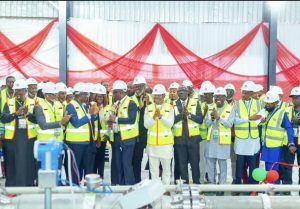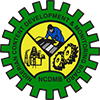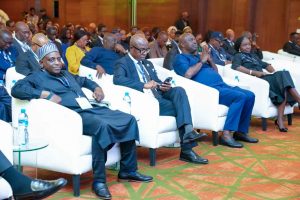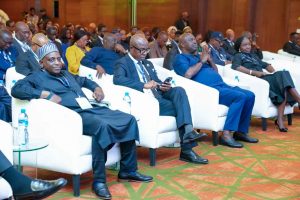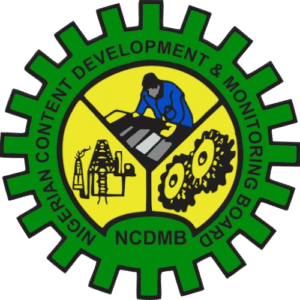 The new Senate Committee on Local Content has pledged to support and collaborate with the Nigerian Content Development and Monitoring Board (NCDMB) to strengthen the implementation of Nigerian Content in the oil and gas industry and other key sectors of the economy.
The new Senate Committee on Local Content has pledged to support and collaborate with the Nigerian Content Development and Monitoring Board (NCDMB) to strengthen the implementation of Nigerian Content in the oil and gas industry and other key sectors of the economy.
Chairman of the Senate committee in the 9th Assembly, Senator Teslim Folarin made the promise on Wednesday during the onboarding engagement session between the NCDMB and members of the committee at the Senate Chambers in Abuja.
He stated that the leadership of the Senate placed huge importance on Local Content because of its contributions to the development of the national economy and creation of employment opportunities for Nigerians.
He promised that the committee will work closely with NCDMB so as to understand its core initiatives and be in a good position to support them as well champion the proposed extension of the Local Content Act to other key industries.
In his presentation, the Executive Secretary of NCDMB, Engr. Simbi Kesiye Wabote congratulated members of the committee on their election into the Senate and selection into the Local Content Committee.
He informed that the Nigerian Oil and Gas Industry Content Development (NOGICD) Act mandated the Board with the responsibility of developing local capacities and capabilities without compromising standards and monitoring the compliance and enforcement of the provisions of the Act.
Wabote clarified that the focus of Nigerian Content implementation is not “Nigerianization” of the oil & gas sector, but domiciliation and domestication of value-adding activities, adding that the processes require inter-agency collaboration and multi-year execution strategy.
According to him, the Board’s capacity development efforts are focused on closing capacity gaps in skills, infrastructure development and facilities or asset ownership. He also noted that one percent of all upstream contracts are mandated to be paid into the Nigerian Content Development Fund (NCDF).
The Executive Secretary listed some of the Board’s key operational tools to include the Nigerian Oil and Gas Industry Joint Qualification System (NOGIC-JQS), the Nigerian Content Plan, the Nigerian Content Compliance Certificate, the Nigerian Content Equipment Certificate, Expatriate Quota Administration, Compliance & Performance Monitoring and Litigation & Prosecution.
He said NCDMB had developed six operational guidelines to operationalize the implementation of the Nigerian Content. He listed them to include the NCDMB Expatriate Quota, Succession Plan & Deployment of Expatriates Guidelines, Rig Utilization Strategy Guidelines, Expatriate Biometric Data Capture System Guidelines, NCDMB Research & Development Guidelines, NCDMB Research & Statistics Framework and Expatriate Temporary Work Permit Guidelines.
He also indicated that NCDMB had developed seven Draft Ministerial Regulations, geared to address some lacuna in the Act. The regulations cover Research & Development, Training, Capacity Development, Growth of Indigenous Capacity, Nigerian Oil and Gas Industry Enforcement and Compliance Regulation, Registration of Operators and other professionals with Nigerian professional bodies, Technology Transfer and Establishment of operations in Nigeria.
In their various contributions, the senators commended NCDMB for the notable achievements it recorded in the last nine years and pledged to support the Board to achieve its mandate and the quest to expand the Nigerian Content Act to other sectors of the economy.
Discover more from Nigerian Content Development & Monitoring Board
Subscribe to get the latest posts sent to your email.

